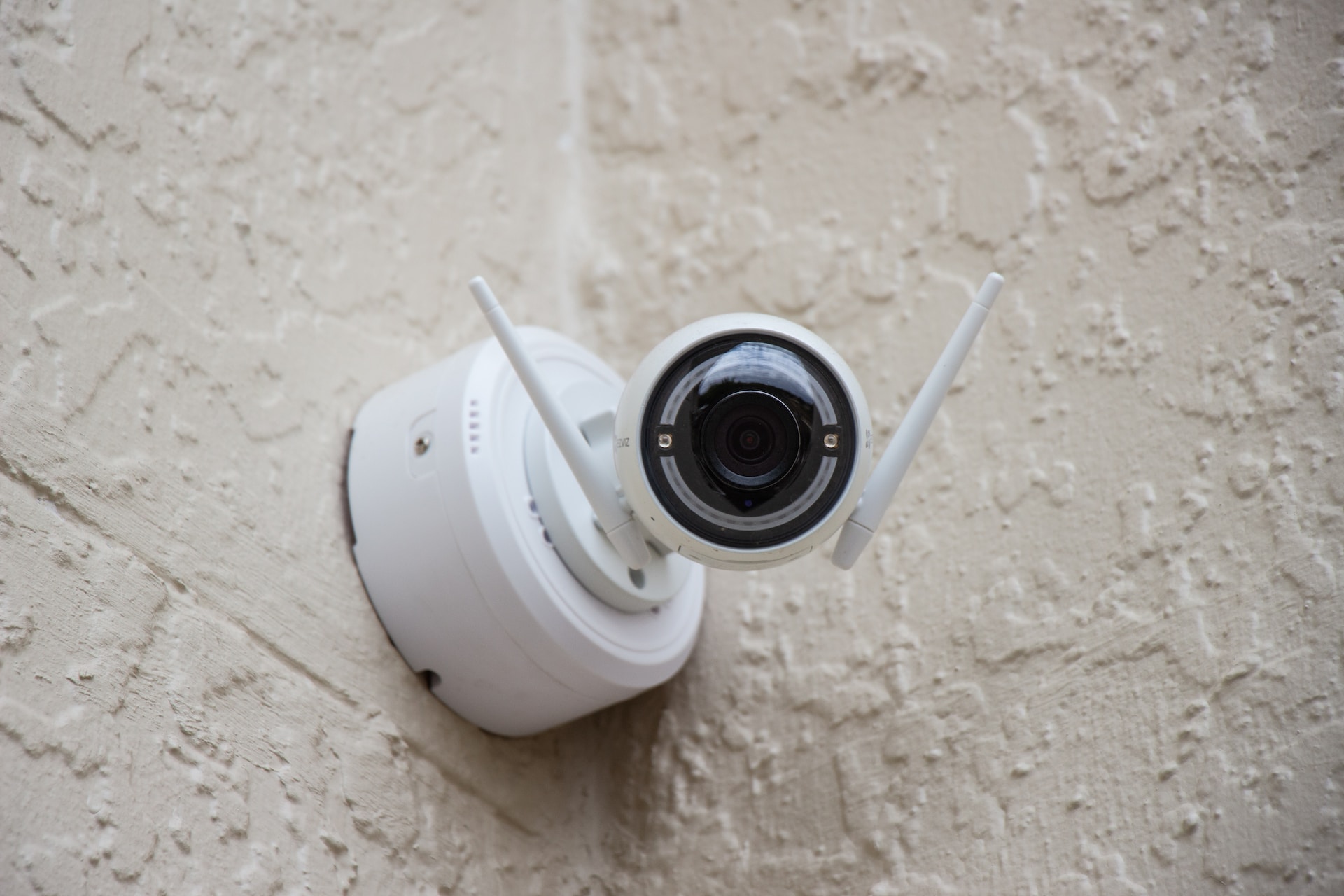
Question: What are the Disadvantages of Using a Wireless Security Camera?
Answer: Disadvantages include reliance on a stable Wi-Fi connection, potential for signal interference, regular battery changes or recharging, and limited range.
What are the Disadvantages of Using a Wireless Security Camera? Drawbacks of Wireless Security Cameras
Wireless security cameras have become increasingly popular in home security systems due to their flexibility and ease of installation. However, it’s important to understand their limitations and disadvantages to make an informed decision for your security needs.
Click here to find more info about security camera installation
Related Article: Do Burglars Avoid Security Cameras?
Understanding the Appeal and Concerns
While wireless cameras offer convenience and adaptability, certain drawbacks, ranging from connectivity issues to security vulnerabilities, need to be considered. [ 1 ]
Dependence on Wi-Fi Connectivity
One of the primary drawbacks of wireless security cameras is their reliance on a stable Wi-Fi connection.
The Challenge of Connectivity Issues
Wireless cameras may suffer from connectivity problems due to distance from the router or interference, potentially leading to gaps in surveillance.
Impact on Network Bandwidth
Multiple cameras can consume significant bandwidth, potentially slowing down your home network and affecting other internet-dependent activities.
Power Source Considerations
Unlike their wired counterparts, wireless security cameras often rely on batteries, which come with their own set of challenges.
Frequent Battery Replacements
Battery-powered cameras require regular monitoring and replacement of batteries, which can be inconvenient and costly over time.
Power Outage Vulnerabilities
In the event of a power outage, cameras without a backup power source may cease to function, leaving your property unmonitored.
Security and Hacking Concerns
The wireless nature of these cameras can make them more susceptible to security risks and hacking.
Potential for Hacking and Interference
Wireless cameras can be vulnerable to hacking, compromising your home security and personal privacy.
Encryption and Security Protocols
Ensuring strong encryption and security protocols is essential to protect the camera feed from unauthorized access.
Limitations in Video Quality
While wireless cameras have advanced significantly, some models may still lag behind in terms of video quality and resolution.
Compromises in Image Quality
Wireless cameras may offer lower resolution compared to wired cameras, affecting the clarity and detail of the footage.
Issues with Low-Light Performance
Some wireless cameras may not perform as well in low-light conditions, impacting their effectiveness during nighttime.
Installation and Maintenance Challenges
Despite being easier to install, wireless security cameras come with unique installation and maintenance challenges.
Technical Know-How for Setup
Setting up and configuring wireless cameras to your home network requires some technical understanding and can be daunting for some users.
Regular Maintenance Requirements
Wireless cameras require ongoing maintenance, including software updates and physical upkeep, to ensure reliable operation.
Economic Considerations
The cost factor is another important aspect to consider when opting for wireless security cameras.
Initial Investment and Running Costs
Wireless cameras may have higher initial costs, and additional expenses like cloud storage subscriptions and battery replacements can add up.
Long-Term Financial Implications
Considering the long-term financial implications of maintaining and potentially upgrading wireless cameras is important for budgeting your home security system.
Conclusion: Weighing the Pros and Cons
While wireless security cameras offer convenience and flexibility, understanding their disadvantages is crucial in determining if they align with your specific security needs and situation.
Making an Informed Decision
Carefully weigh the pros and cons, taking into account factors like your home layout, Wi-Fi stability, security concerns, and budget constraints.
Balancing Convenience with Practicality
Ultimately, the choice should strike a balance between the convenience wireless cameras offer and the practical aspects of security, maintenance, and cost.
For more information please visit the Amp-Tech homepage
Wireless security cameras provide a flexible and user-friendly option for home surveillance, but they come with disadvantages such as dependency on Wi-Fi, battery life concerns, potential security vulnerabilities, limitations in video quality, installation and maintenance challenges, and cost considerations. Understanding these drawbacks is essential for homeowners to make an informed decision that ensures their home security system is both effective and suitable for their specific needs.
References
1. https://www.safewise.com/home-security-faq/wired-vs-wireless-security-cameras/